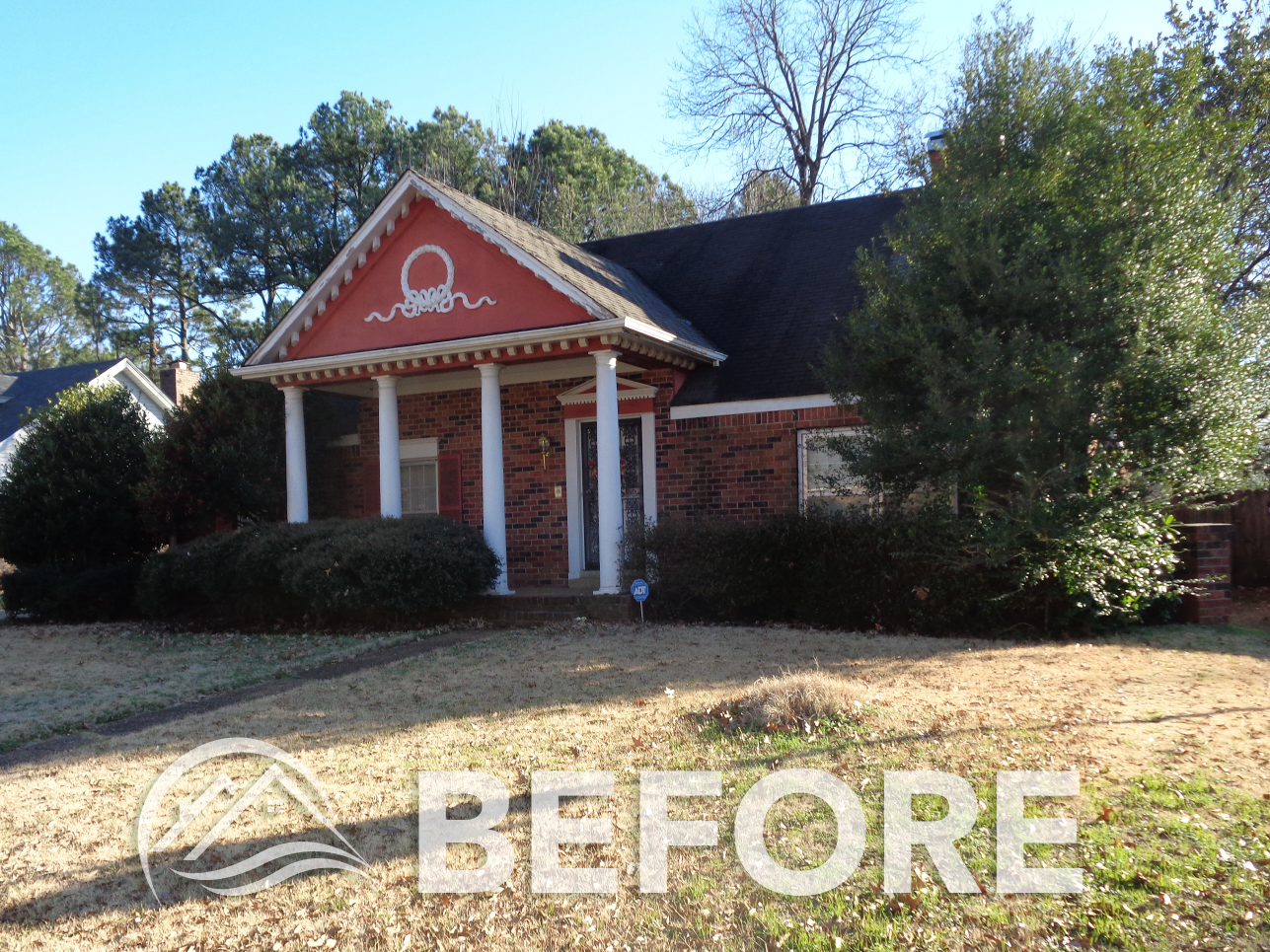 Over the past several months, murmurs of an economic slowdown have been steady. While some would see this as a cause to worry, we know that this is all a part of the natural economic and real estate cycle. There is nothing to fear from the natural ebb and flow of things, provided other red flags are not present.
Over the past several months, murmurs of an economic slowdown have been steady. While some would see this as a cause to worry, we know that this is all a part of the natural economic and real estate cycle. There is nothing to fear from the natural ebb and flow of things, provided other red flags are not present.
And we can say that in Houston, Texas, though the economy has been experiencing a slowdown, there is nothing to fear: and in fact, it might be a good thing.
Critical Factors You Must Understand About the Houston Economy in 2019
The local economy still registers as healthy.
Ultimately, the biggest thing to keep in mind in this conversation about the Houston economy is that a slowdown is not indicative of poor health. In fact, the Houston market is still healthy—experts still expect growth for jobs and in various Houston industries, if a bit more modest. If we look at the economy at a glance, we do see a slowing of job creation (some related to loss of seasonal jobs at the beginning of the year), but in few cases was there true loss—just smaller gains than originally estimated.
Unemployment was still lower than the year prior, at 4.5 percent in January as opposed to 4.9 percent the previous year.
Related Article: How Much Does the Real Estate Cycle Really Affect Investors
Stocks and oil prices have impacted the slowdown.
When we hear about the economy slowing in Houston, we have to understand where these claims are really coming from. By and large, they come from two primary factors: drilling and stock market hiccups.
The stocks of local area Houston companies were at a high towards the end of the third-quarter in 2018 when they took a dip and dropped some 19 percent by the year’s end, bringing 150 companies down by 109 points to an average value of 474. What this suggests is that growth will be slower in the future, and perhaps job growth along with it. This is not a circumstance unique to Houston businesses, either, as the stock market as a whole has seen dips throughout the year.
We’ve seen similar happenings in the oil and gas industry, which plays a major role in the Houston economy. Oil prices have had their ups and downs over the years beginning with a downturn in 2014, but they landed at just under $50 in December of 2018. Ultimately, as much as the Houston market has diversified its economic base, the local economy is still affected by the health of the oil industry.
Houston’s foreign trade is strong.
An area where Houston excels is foreign trade. Texas as a whole makes up 19 percent of U.S. exports, double the state’s rate of exports in 2000. Naturally, a large percentage of these exports are petroleum and shale, which account for some $55 billion statewide.
When we look at Houston specifically, we see that their customs district exported more goods in 2018 than it has in ten years. 289 metric tons, to be exact, and over $233 million worth of trade.
Of course, despite this strength in foreign trade, Houston has been impacted by tariffs and new policies. That said, it didn’t slow the city down much. They still moved more in tons than any other U.S. market last year.
Houston is prioritizing economic diversity.
A key to Houston’s success through both the oil crisis and in bouncing back post-Hurricane Harvey has been the market’s economic diversification. Houston as a whole has continued in this effort—one such example is “The Ion”, the central piece in an “innovation district” designed to attract, incubate, and support entrepreneurs, startups, and established enterprises alike.
The idea is to bolster innovation in Houston, attracting more businesses and high-paying, high-quality jobs at all levels—not solely in technology. This is the kind of forward thinking that benefits Houston because it focuses on long-term rewards and on economic diversification, moving away from a reliance on drilling that ultimately hurts the city.
This continued focus is what pushes Houston forward from a fad market into an investment market with lasting power.
An economic slowdown is a natural occurrence. We’re still seeing economic growth and efforts to diversify and reinforce the market in Houston, which are positive indicators. Even as we move forward, the slowing of certain market aspects can serve to balance out the market and prevent a bubble—adding a more even keel to a market that may have been accelerating at too quick a pace.
In short, real estate investors need not fear these cycles, particularly when you adopt a buy-and-hold strategy and partner with a turnkey company with the expertise and service to guide you as you build your portfolio.
Learn how you can begin building a passive investment portfolio in world-class real estate markets.












